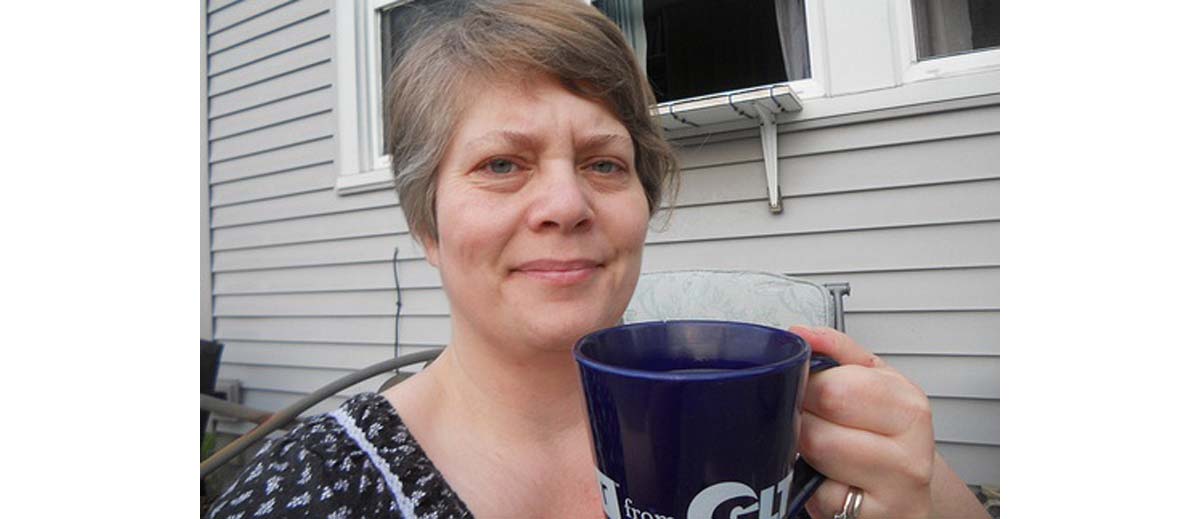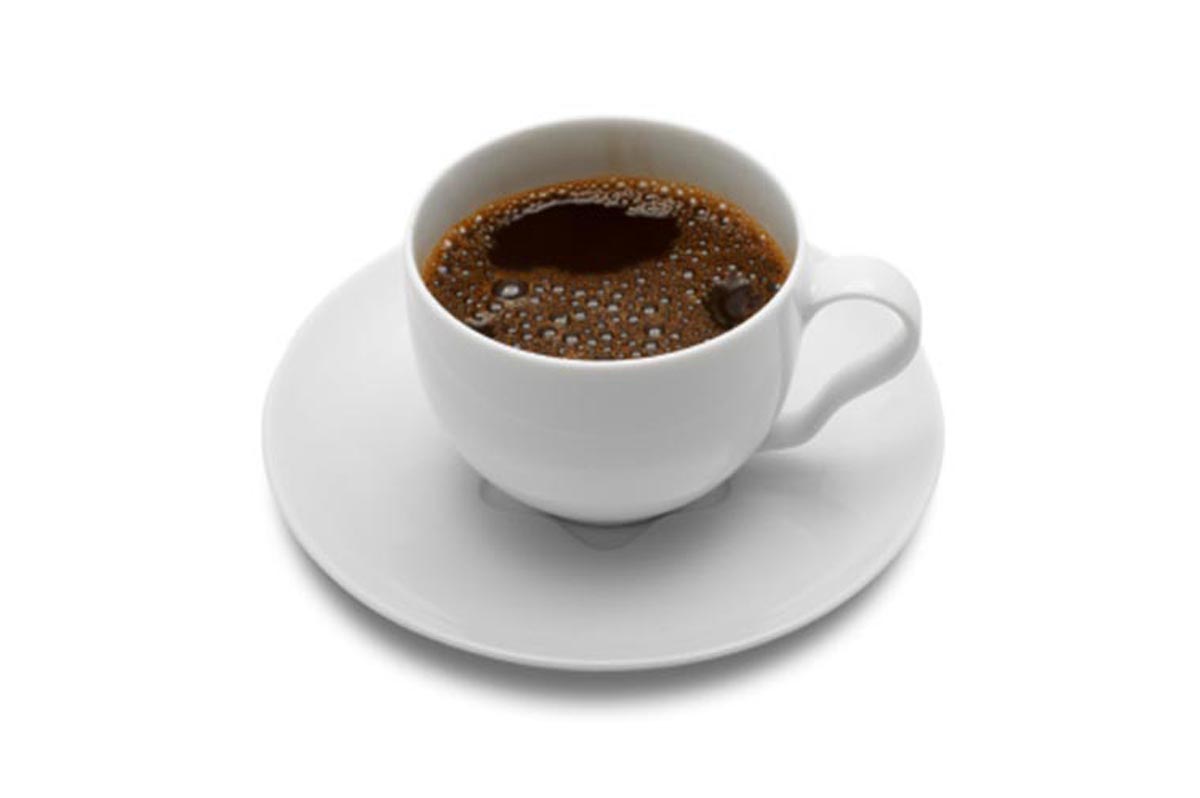Caffeine is the world's most commonly used stimulant drug. Once largely confined to coffee, tea, and cola drinks, caffeine is now appearing in places where it is least expected. Energy drinks often pack a punch with up to 8 times as much caffeine per serving as in a cup of coffee, and caffeine even appears in potato chips, candy bars, chocolates, and bottled water — not to mention almost all preworkout supplements used by keen athletes. For a quick jolt of high-dose caffeine, in much of the world the beverage of choice is Red Bull, but chocolate-covered coffee beans are almost as stimulative.

The average person in Europe or North America consumes the caffeine equivalent of about three cups of coffee a day, or 200 to 250 mg of caffeine daily. A single can of Red Bull contains up to 300 mg of caffeine, however, and some people in the European Union and US drink (usually as energy drinks) or eat (usually as chocolate covered coffee beans) up to 3000 mg of caffeine each and every day.
Excessive consumption of caffeine causes some surprising side effects. Here are five surprising facts about the side effects of drinking too much coffee, cola, or tea, or downing too many energy drinks.
Caffeine Fact No. 1. Excessive consumption of caffeine can induce hallucinations.
You don't really trip out on coffee the way you might trip out on LSD, but truly excessive consumption of caffeine from energy drinks can indeed make you see things that are not there. Usually this effect kicks in after the seventh or eighth cup of coffee in a single day or the second or third energy drink in a single hour.
Consuming more than about 300 mg of caffeine before the liver has time to detoxify it can cause you to see, hear, smell, feel, or even taste things that are not there. This side effect of caffeine is linked to the release of the stress hormone cortisol, and is at its worst during times of emotional, although not physical, stress.
Caffeine Fact No. 2. Paradoxically, consumption of large amounts of caffeine during stress can cause some people to mellow out.
Caffeine, researchers have discovered, can activate the same receptors in the brain that respond to tetrahydrocannabinol (THC), the psychoactive chemical in marijuana. In small doses, caffeine stimulates both the A1 and A2A receptors of the striatum of the brain. Activated A1 receptors cause you to "mellow out," while A2A receptors cause you to "stress out." In large doses caffeine stimulates the A1 receptors more than it stimulates A2A receptors, so the net effect is relaxation and a feeling of security. Not exactly what caffeine is known for!
Caffeine Fact No. 3. Consuming caffeine interferes with your ability to learn some facts, but enhances your ability to learn others.
Caffeine stimulates — as you'll already know from personal experience — almost all of the regions of your brain. Whether that helps or hinders your ability to learn new information depends on an interaction with another brain chemical called dopamine. Rewarding behaviors induce the brain to release dopamine, the same process that is at work when a person develops an addiction.
When you dislike the information you are trying to learn, however, your brain doesn't produce as much dopamine, and caffeine simply interferes with your ability to focus on the task at hand. When you like the information you are trying to learn, your brain produces more dopamine, and caffeine heightens your brain's ability to focus on your assignment. Just don't drink so much coffee that you start hallucinating your homework.
Caffeine Fact No. 4. Caffeine enhances your sensibilities but dulls your senses.
Neurologists have found that caffeine enhances the retention of verbal and factual memories, but it interferes with the brain's ability to record feelings and perceptions. You may be able to articulate an explanation of your experience better when you have had an energy drink, but you will be less able to remember how you feel. This isn't necessarily a bad thing for students, but it would be important to be able to feel the same way both when studying and when taking a test — or caffeine might in fact diminish your academic performance.
Caffeine Fact No. 5. Caffeine consumption encourages risky behaviors.
The thrill of sex, gambling, drinking alcohol, eating delicious food, listening to beautiful music, stealing, or taking physical risks releases dopamine in the brain. Caffeine enhances the brain's ability to respond to dopamine, and makes these risky and potentially addictive behaviors even more risky and even more potentially addictive. On the other hand, caffeine also, somewhat surprisingly, makes it easier to get a thrill when not performing risky behaviors. Nearly every Alcoholics Anonymous meeting occurs around a coffee bar, which enhances good feelings that don't have to be induced by alcoholic drinks.
Five Myths About Caffeine Debunked
Some of the things "we all know" about caffeine, coffee, and energy drinks actually aren't true. Let's start with one the most modern misconceptions about caffeinated beverages.

Myth No. 1. Red Bull gives you wings.
Red Bull is the world's most popular energy drink. It is loaded with caffeine, sugar, and a brain-active amino acid called L-taurine. Red Bull's US advertising campaign featured cartoon characters who were killed in accidents or homicide but floated off to the heavens when Red Bull gave them angel wings.
Yes, of course you knew that Red Bull doesn't literally give you wings, but the metaphor falls short, too. Red Bull won't necessarily pick you up, at least not very long.
Caffeine stimulates short-term activity. It increases your reflexes. It brings you out of lethargy.
But caffeine does not help you with long-term activity. It does not give you endurance, and loss of focus with Red Bull or similar energy drinks may be a greater problem than lack of energy without it.
Myth 2. Caffeine helps you stay awake.
Everybody knows about caffeine pills for staying awake, like the popular NoDoze sold everywhere in North America. Caffeine does indeed help you keep your eyes open, but it doesn't help you stay mentally awake and attentive. Consuming too much caffeine reduces your ability to engage in purposeful behaviors or focused behaviors even while it allows you to continue to perform "brainless" tasks.
That's OK if you're packing boxes or answering customer service calls, but it can also pose a danger. Driving is not a brainless task, and taking caffeine pills to stay awake while driving actually increases your risk of being involved in a fatal accident.
Flying a plane requires even more attention than driving a car. A study conducted by researchers at Louisiana State University found that 84 percent of fatal accidents with crop dusters involved the specific combination of sleep deprivation and excessive use of caffeine. Caffeine won't replace sleep, and the more complicated the task, the less value you can expect to derive from taking caffeine pills. For your safety, make sure that you get adequate rest.
Myth 3. Caffeine is commonly addictive.
You may not feel right until you have had your cup of morning joe (or your mug of tea or your Diet Coke or your energy drink), but that doesn't mean you are, at least in psychiatric terms, addicted to caffeine. The American Psychiatric Association defines caffeine addiction in the DSM-IV as displaying three of the following seven characteristics:
- Consuming an unusually large amount of caffeine.
- Failing to get a "buzz" even when consuming more and more caffeinated beverages and foods, or taking caffeine pills.
- Withdrawal symptoms such as profound depression, nausea, vomiting, and "nervous breakdown" when not consuming caffeine for several hours to several days.
- Spending a great deal of time acquiring sources of caffeine.
- Placing greater importance on caffeine than on personal relationships, work, friends, or valued possessions.
- Unsuccessful efforts to stop using caffeine.
- Continuing to consume caffeine in large amounts despite problems at work, in the marriage, in the family, with friends, or in public (such as anxiety attacks in public or stealing to buy Starbucks).
We all know someone we might put into the "caffeine addicted" category, but under the stricter DSM-IV definition, only about 0.6% of the population of the US is coffee addicted.
Myth 4. It doesn't make any difference how you get your caffeine, as long as you get it.
Studies of identical twins in Australia, identical twins having identical genes, have found that there are strong, probably genetic differences between coffee drinkers and tea drinkers. If you get your buzz from drinking coffee, you probably don't care for tea. If you can't start your day without your breakfast tea, then you probably don't drink coffee. Coffee and tea contain many chemicals besides caffeine, and the way the liver processes them in part determines how much caffeine the liver allows to stay in circulation and how long.
There are also some peculiar relationships between caffeine and nicotine, between drinking coffee and smoking. Among people who don't suffer schizophrenia, a compulsion to drink coffee is not related to a compulsion to smoke cigarettes. Schizophrenics who smoke cigarettes, however, almost always crave coffee and other caffeinated beverages as a result.
Myth 5. Caffeinated beverages are dehydrating.
The fact is that caffeinated beverages aren't dehydrating and they don't stimulate urination, unless there is consumption of over 600 to 700 mg of caffeine per day. That's the equivalent of seven cups of coffee, a dozen cups of tea, four or more tumblers of iced tea, or two energy drinks. As long as caffeinated beverages are not consumed in excess, they are just as hydrating to the body as drinking water.
- Childs E, de Wit H. Subjective, behavioral, and physiological effects of acute caffeine in light, nondependent caffeine users. Psychopharmacology. 2006. 185(4):514–523.
- Scoley A, Kennedy D. Cognitive and physiological effects of an “energy drink: an evaluation of the whole drink and of glucose, caffeine and herbal flavouring fractions. Psychopharmacology. 2004.176:320–330

